
Celebrating 90 Years of Doc
We think that many of the films chosen for this special occasion speak for themselves, but here are a few that deserve an extra note. Late on Friday evening, our 9:30pm slot is a screening of the drag classic The Queen (1968), preceded by Lives:Visible, renowned Chicago filmmaker Michelle Citron’s visual essay of ‘50s and ‘60s lesbian life. But there’s a catch: you can get in for free if you’re in drag, a ‘90s Doc tradition that we’re excited to revive.
Saturday night will be crowned by a magnum opus of the Japanese New Wave: Funeral Parade of Roses. A favorite of many current members of Doc, this arthouse retelling of a Greek tragedy set in ‘60s Tokyo will be preceded by a talk with Paul Alivisatos, current University of Chicago president and former Doc president. President Alivisatos will recount his own days in Doc and speak on what Doc means to the university before this screening.
On Sunday, we’ll celebrate our commitment to celluloid projection with two more Citron films, Daughter Rite and What You Take For Granted, this time on 16mm reels supplied by the Academy. Our capstone for the weekend is a 35mm print of Au Hasard Balthazar, a throwback to when Doc presented the Chicago premiere of Robert Bresson’s acclaimed film.
We hope you can join us this weekend for some amazing films, and to participate in a little bit of Doc history yourself!
7:00PM October 21st
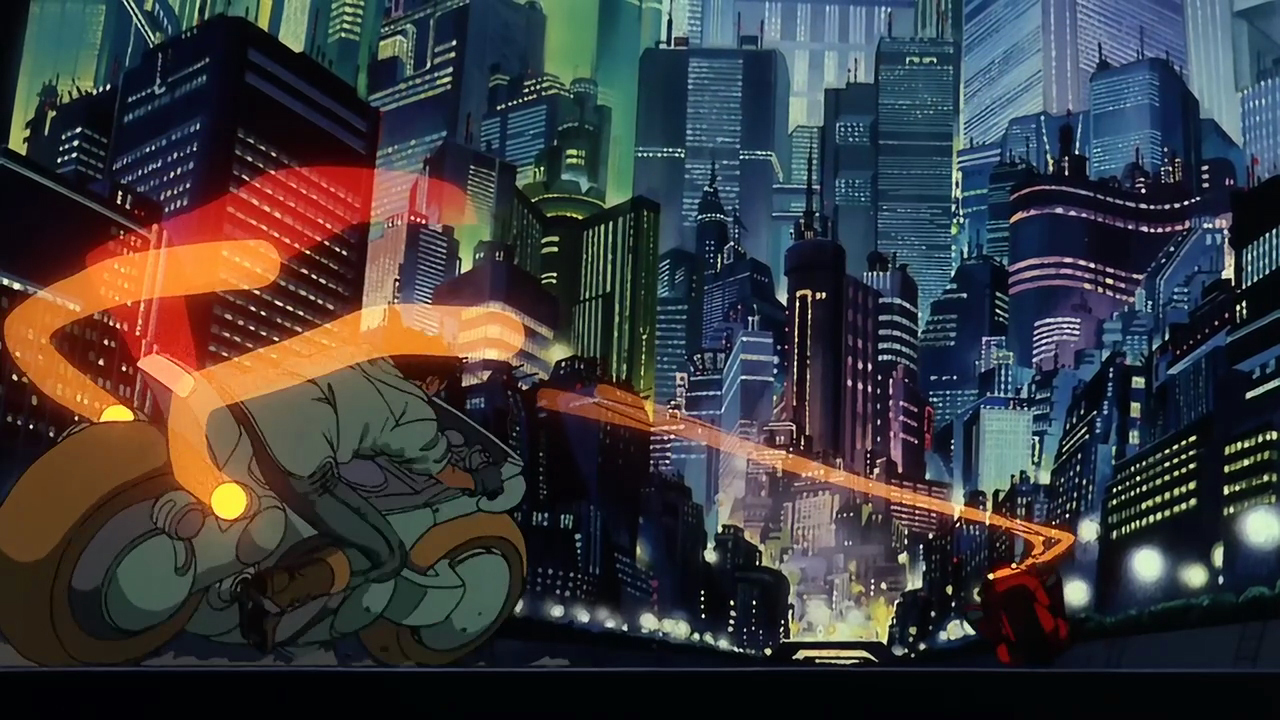
Akira (1988)
Katsuhiro Otomo · 124min · DCP
In a post-WWIII Tokyo, a secret military project causes biker gang member Tetsuo to develop telekinetic powers—the same powers used by Akira, a mysterious figure from the past, to annihilate Tokyo 31 years prior. His childhood friend Kaneda infiltrates the military complex to find him, but the Tetsuo he knew is already gone. Haunting, frenetic, and masterfully animated, Akira pioneered cyberpunk and resonated deeply in Japanese pop culture and beyond.
Tickets can be bought here.
9:30PM October 21st
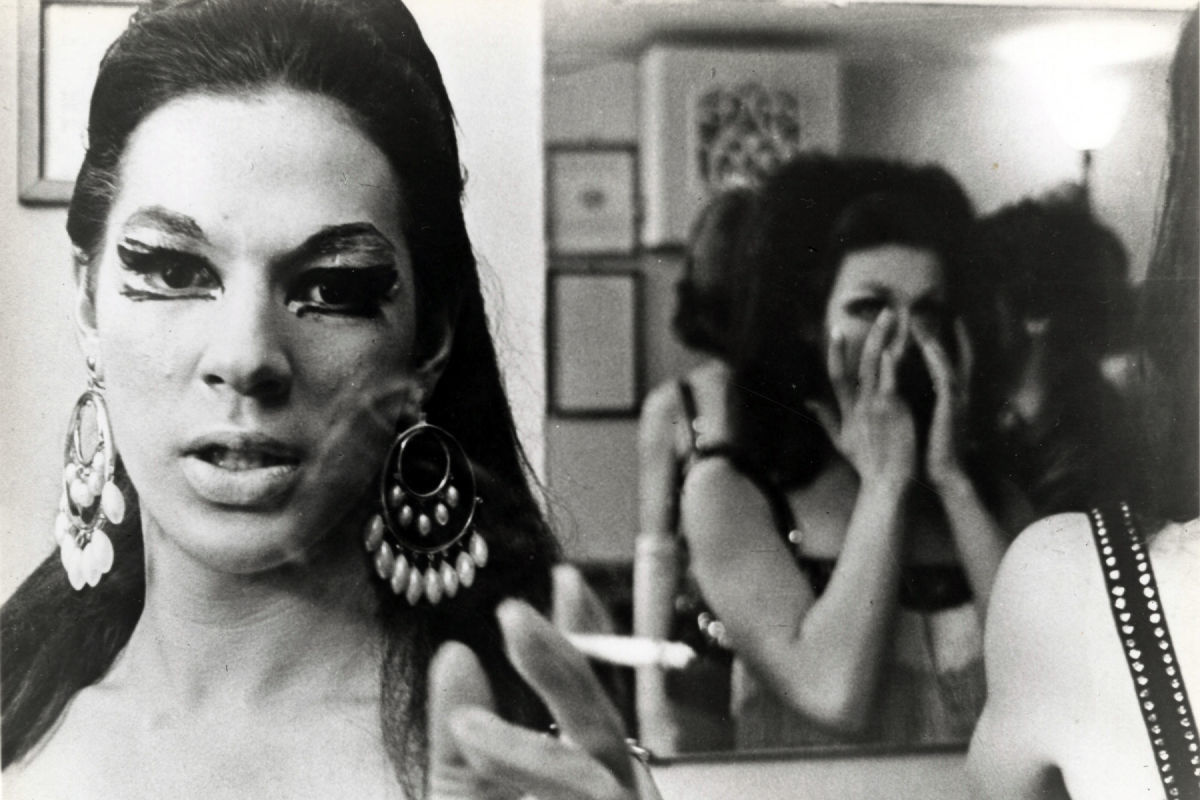
Lives:Visible (2018) // The Queen (1968)
Michelle Citron // Frank Simon · 35min // 68min · Digital // DCP
Welcome to the 1967 Miss All-America Camp Beauty Contest! Featuring drag performances by the likes of Crystal LaBeija and a cameo from Andy Warhol, The Queen is one of the earliest looks at what would later become New York City ball culture. Sampled by Frank Ocean, reenacted on Drag Race, this documentary is only beginning to re-emerge as an essential piece of American queer culture. Screening will be preceded by Michelle Citron's Lives:Visible, documenting butch/fem life in mid-century Chicago. NOTE: Free admission to all attendees who come in drag.
Tickets can be bought here.
1:00PM October 22nd
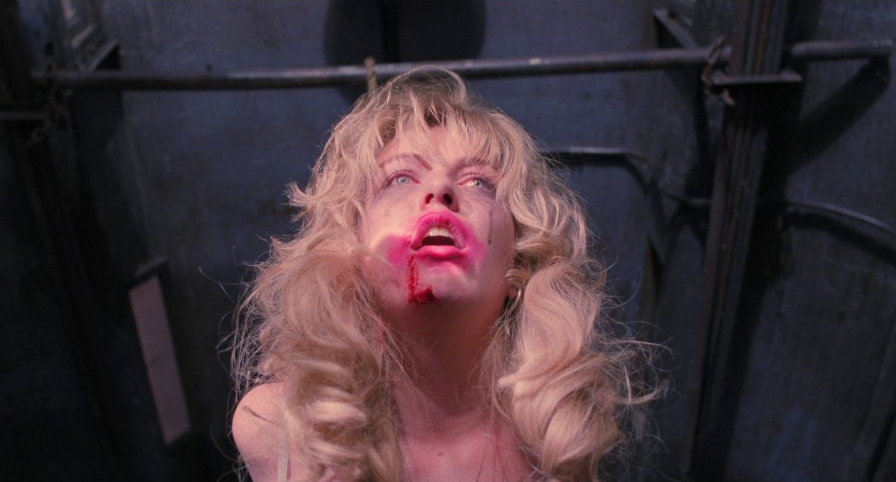
Twin Peaks: Fire Walk with Me (1992)
David Lynch · 135min · DCP
The prequel to Lynch's acclaimed TV series Twin Peaks, Fire Walk With Me chronicles the fateful last seven days of Laura Palmer's life. What could have led to the death of the beautiful homecoming queen and nightshift waitress in the strange town of Twin Peaks? Agent Dale Cooper (Kyle MacLachlan) uncovers the horrid, chilling details. Torn apart by critics at release, this twisted tragedy is now considered by some to be Lynch's underrated masterpiece.
Tickets can be bought here.
4:00PM October 22nd
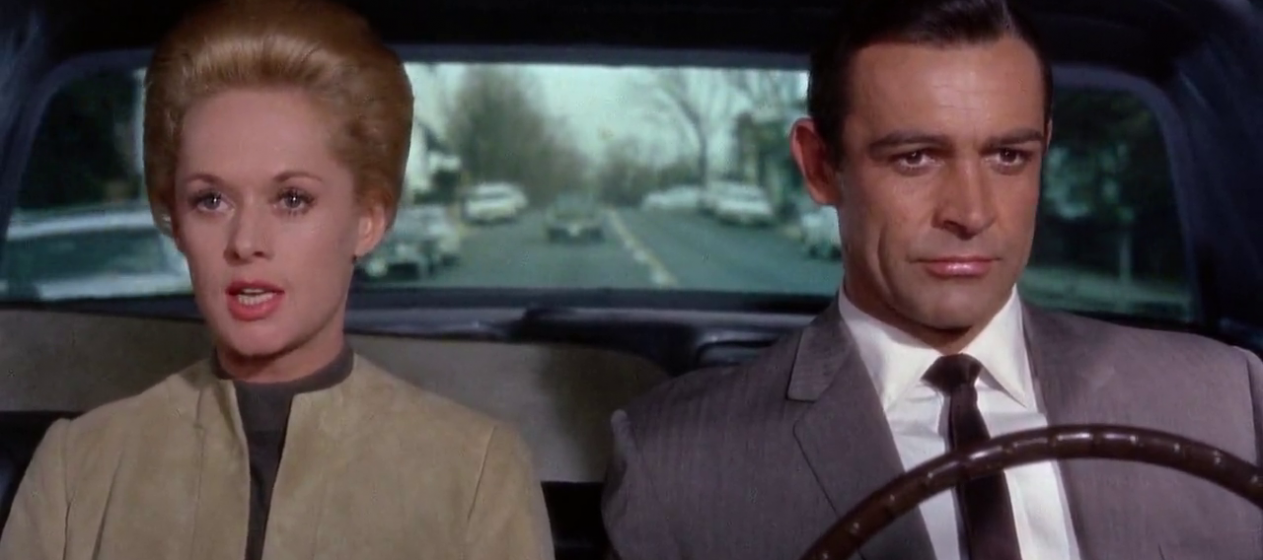
Marnie (1964)
Alfred Hitchcock · 130min · DCP
While answers may differ to which is the best Hitchcock movie, it’s difficult to argue against Marnie being the most Hitchcock movie. Tippi Hedren stars as the titular kleptomaniac, whose ruse is found out by her outwardly dashing but controlling boss (Sean Connery). Filled with striking visuals, chilling performances, and sexual perversion hidden under a high-class veneer, Marnie is the Master of Suspense’s bag of tricks at its deepest.
Tickets can be bought here.
7:30PM October 22nd
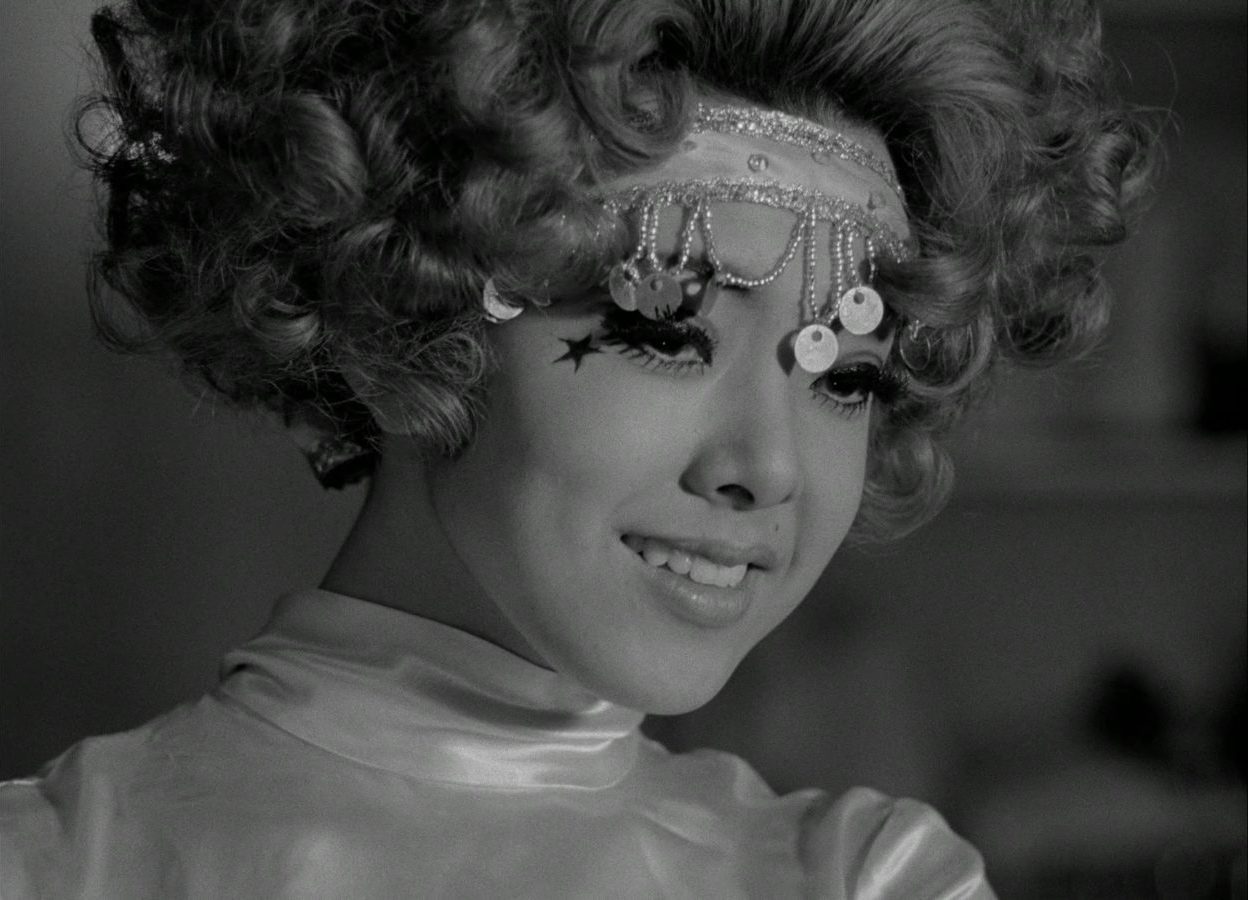
Funeral Parade of Roses (1969)
Toshio Matsumoto · 105min · DCP
Arthouse, documentary, and '60s Avant-garde come together in Tokyo's queer underworld in this loose adaptation of "Oedipus Rex." Funeral Parade of Roses follows Eddie, a transgender woman (played by Japanese gay entertainer Peter—no last name) through a scrambled timeline and a mounting rivalry at one of Tokyo's gay bars. Both ahead of its time and a product of it, the film is a heady, wild, beautiful, and sometimes grisly gay cinematic experience.
With introduction by former Doc Films President and current University of Chicago President Paul Alivisatos!
Tickets can be bought here.
10:00PM October 22nd
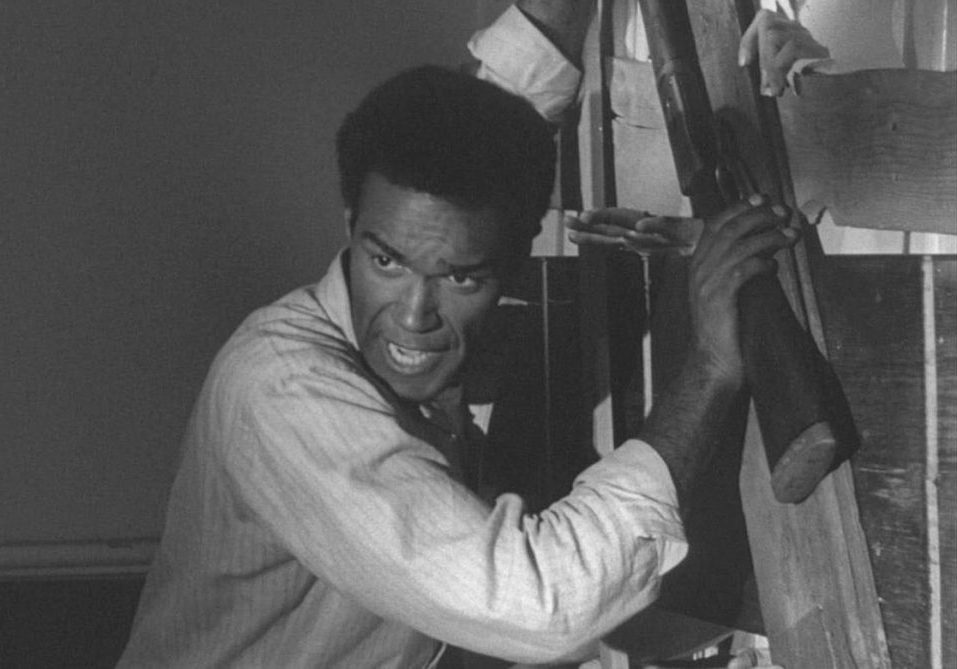
Night of the Living Dead (1968)
George Romero · 97min · DCP
THEY WON'T STAY DEAD! Much like Doc Films, George Romero's gruesome ghouls have reanimated to plague the living. In this revolutionary film that brought us the modern zombie flick, a group of strangers are marooned in an isolated farmhouse where they must fend for their lives against the undead. Derided by critics at its release, the film has since become a classic, alongside Duane Jones' role as a hero—a rare casting choice for a Black actor at the time.
Tickets can be bought here.
1:00PM October 23rd
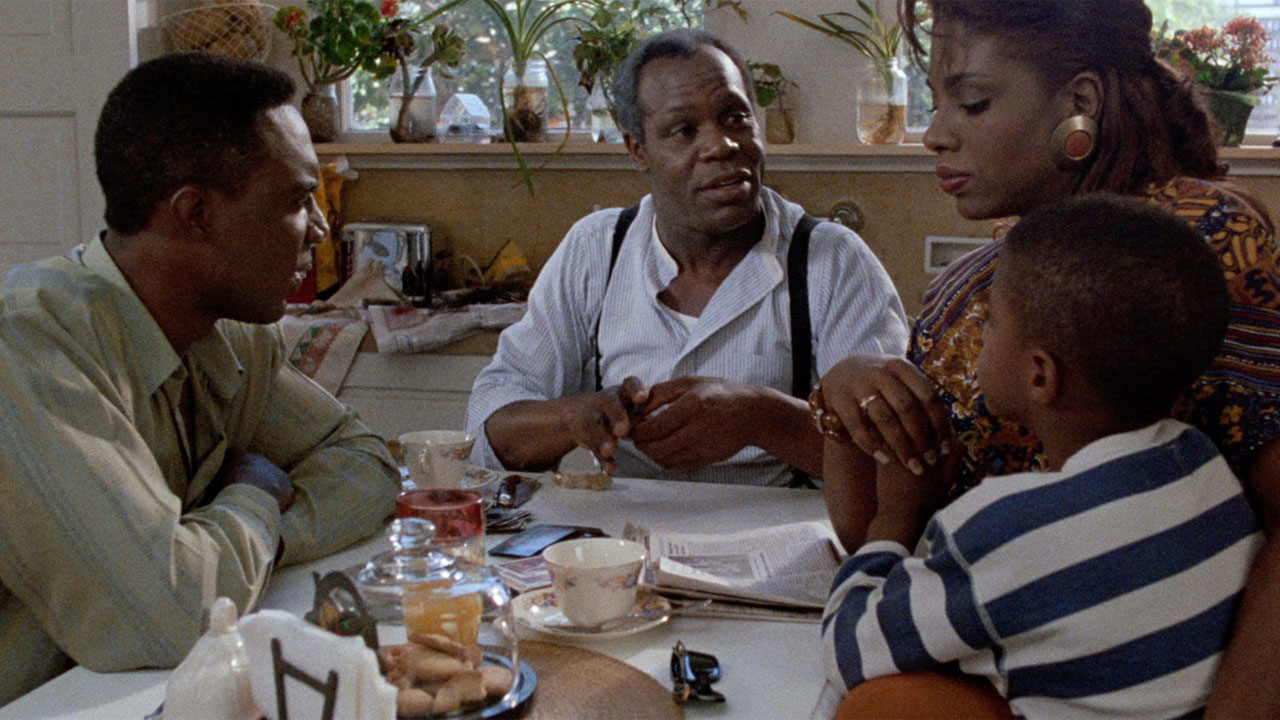
To Sleep With Anger (1990)
Charles Burnett · 102min · DCP
Charming drifter Harry (Danny Glover) drops in to visit his old friend Gideon (Paul Butler) at his home in South-Central LA. His genteel manner, however, belies a corrupting influence which brings Gideon's family tensions to a rolling boil. Set to a gospel- and blues-infused soundtrack, To Sleep With Anger is an intimate, evocative family drama, painting its themes of religion, family, and duty with both sensitive realism and a deft comedic hand.
Tickets can be bought here.
4:00PM October 23rd
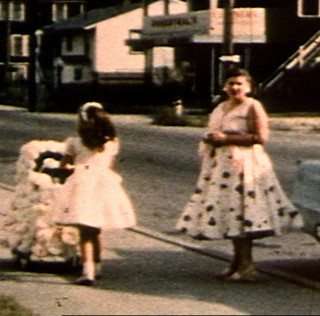
Daughter Rite (1978) // What You Take For Granted (1983)
Michelle Citron · 53min // 73min · 16mm
In her pseudo-documentary Daughter Rite, famed Chicago filmmaker Michelle Citron sets the precedent for the documentary genre that some stories become more truthful through narrative retelling. What You Take For Granted combines the real accounts of 40 working women into a fictive narrative about the friendship between two women in traditionally male jobs. A bona fide meta-film, Citron then splices in fictionalized interviews of other working women.
With introduction and Q&A by director Michelle Citron!
Tickets can be bought here.
8:00PM October 23rd
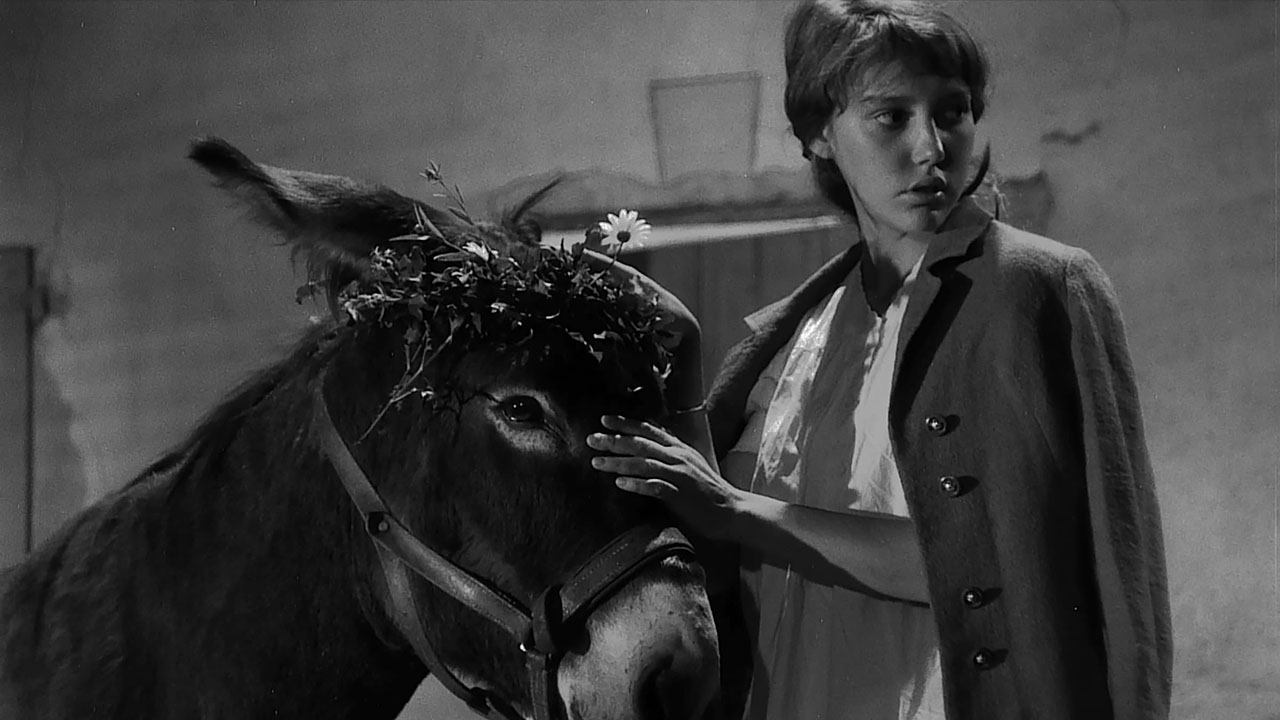
Au Hasard Balthazar (1966)
Robert Bresson · 95min · 35mm
Impossible as it is to name one film as Robert Bresson’s masterpiece, a compelling case can be made that the title should go to this monument of empathetic filmmaking. Following the titular donkey as he is passed from owner to owner, Bresson turns an unflinching eye to cruelties both big and small. Of all the wonders in this beautifully unadorned film, perhaps the most impressive is the “performance” of Balthazar—never has such a donkey seemed so human.
Tickets can be bought here.
The Documentary Film Group
It comes as a shock to no one that Doc Films is older than 85 countries; we have all the hallmarks of an aged nation, like a murky origin story, a hoarded heap of ill-gotten relics, and many rocky (though thankfully nonviolent) transitions of power. It’s hard to sum up 90 years of history in just a few paragraphs, but even if we wanted to, what we know about Doc is more tall tale than recorded fact. Instead, what we can give you is a look into the Booth, into the Board, and into the Doc archives—into the story, be it real or apocryphal, behind the screen in the Max P. Cinema.
When Doc began in 1932 (or 1941, or 1933, depending on whom you ask), it was comprised of a bunch of students interested in the “neglected application of the cinema arts [...] known as the Documentary Film.” But, after realizing that profit also matters somewhat, programming gradually expanded to include popular films, fiction, and narrative. Along the way, we clashed with—and sometimes absorbed—other film groups on campus, such as Law School Films and Contemporary European Films. In the ‘60s, Doc strode to the forefront of the American auteur era, inviting directors as varied as Hitchcock and Brakhage to the theater, and even got into a minor squabble with Roger Ebert about our status as the oldest film society in Illinois (yes, we won—we’re the oldest in the country). A calendar from the ‘70s proudly proclaims, “Still only $6!” as advertisement for a quarter pass, and in these years Doc spawned a variety of film critique magazines, including Voyeur and Focus!. In the ‘80s, Doc moved to its current home in the Max Palevsky Cinema, and in the new millennium we’ve held steady as staunch appreciators of celluloid in a digital era.
These are some of the more well-recorded things that we know about Doc. Conversely, the bits in between are the parts of Doc memory which refuse to be captured in words, and instead live on as legends passed from person to person. Whether accosted at an RSO fair, pulled in by a scheming friend, indoctrinated after a screening, or coaxed into the projection booth not by promises of money or fame but by the allure of a rare celluloid print, the volunteers who stumble into Doc become the unwitting guardians of its history. In fragments, we receive bits and pieces—some common knowledge, like the names, Wanda and Evelyn, of the twin 35mm projectors that have faithfully served Doc for decades, and some lesser known, like the fact that the projectors came to us from an orphanage from the 1950s. In our opinion, it’s the puzzle of our history that makes Doc so interesting. How did a bunch of college students start a movie theater? How did a bunch of college students keep a movie theater? Our guess is that it’s been a combination of miracles and hard work. On our 90th anniversary, we’re here to celebrate whatever it is that happened, and to hopefully kick off another 90 years of Doc.






